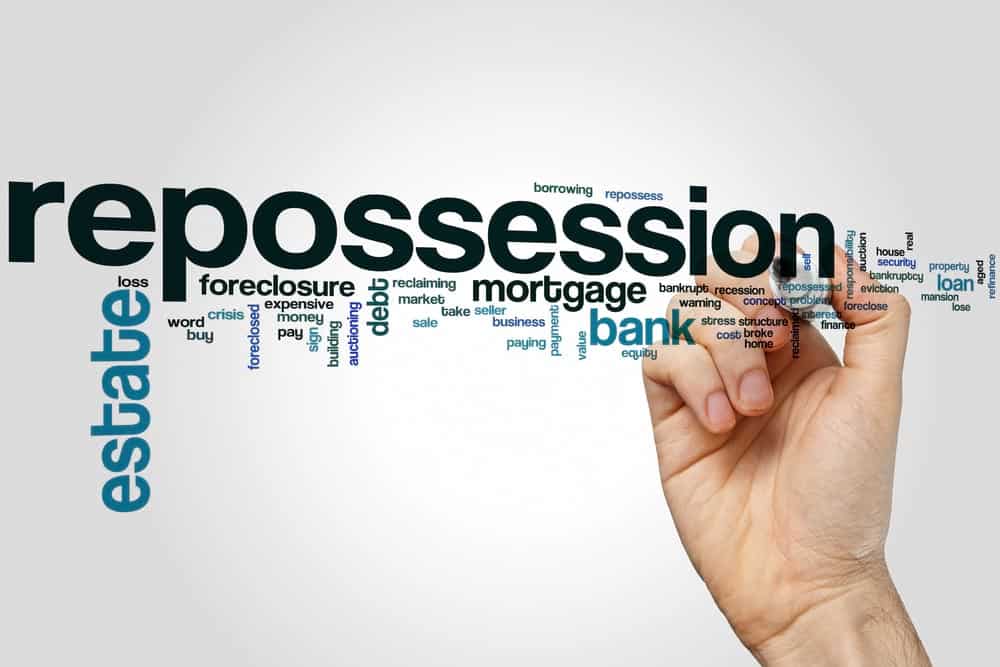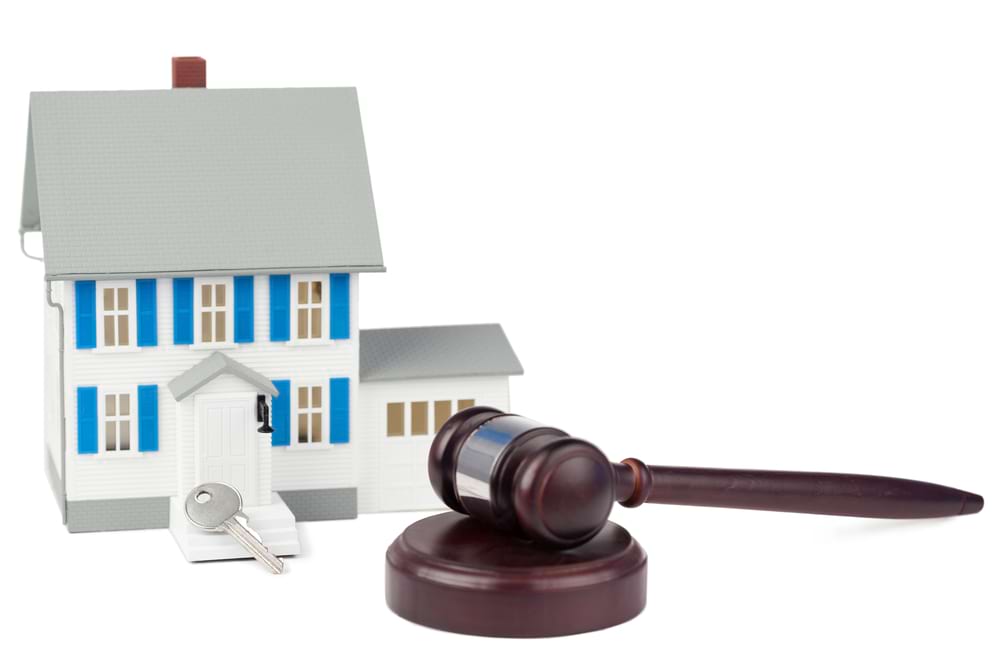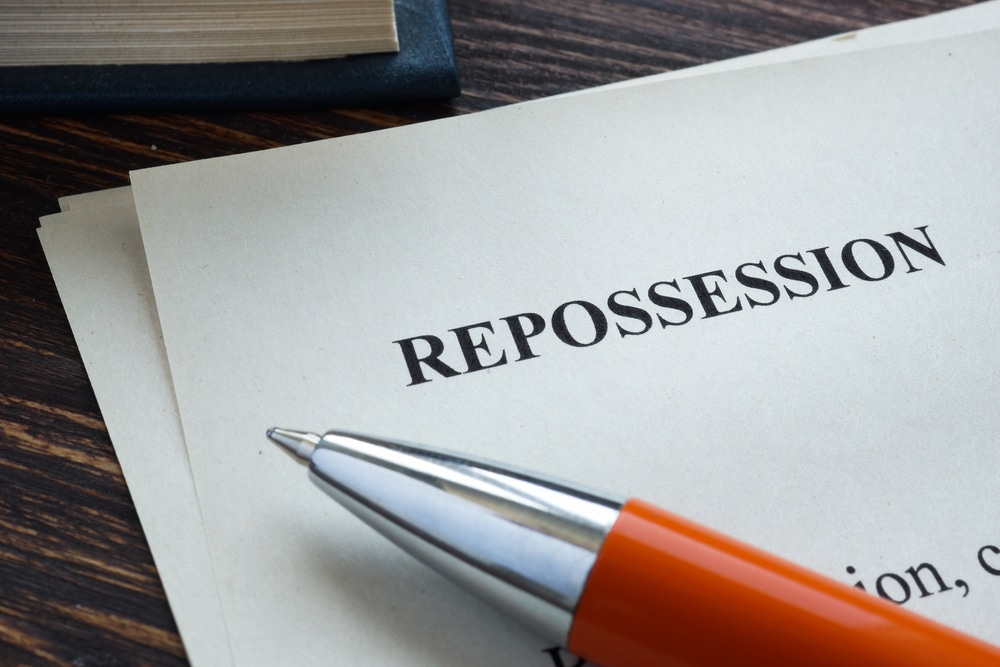If you are in debt it can be difficult to know which way to turn.
IVAs are an option that provide flexibility.
Read on to find out what they are and if they are right for your circumstances.
What is an IVA?
An individual voluntary arrangement (IVA) is a legally binding agreement that freezes your debts and allows you to pay off as much as you reasonably can over a fixed period of time.
If the debt isn’t paid off in full after this time it is wiped.
(In Scotland, the protected trust deed does a similar job with some slight differences in benefits and fees.)
How does an IVA work?
Find a registered insolvency practitioner
To start the process you must speak to a registered insolvency practitioner. They are a lawyer or accountant who is qualified to set up and manage an IVA.
Go through information with insolvency practitioner
You can only set up an IVA if you are able to either pay a lump sum or regular monthly payments, although not necessarily for the full amount of your debt.
So, initially, the insolvency practitioner will establish what your income is. Then they will help you put together a proposal for the people you owe money to, your creditors.
Reach agreement with your creditors
The insolvency practitioner will then call a meeting of your creditors where they will take a vote on whether to agree to your IVA.
Their decision will usually be based on how much you can pay, how likely you are to be able to pay it and how long the repayment plan lasts for.
They can ask for amends and at least 75% of your creditors must agree to the IVA for it to go ahead.
Stick to the plan
But once the agreement has been signed neither side can go back on it and your creditors can not pursue you for any money beyond the agreed amount.
Consider a one-off payment
If friends or relatives are willing to help out, you inherit some money or you decide to sell your home to cover the payment, you can pay an IVA in one lump sum.
This has some benefits, the procedure will take around six months to complete and attracts less fees than repaying on a monthly basis.
Monthly repayment plans usually last between five and six years. But however you decide to cover the costs of an IVA, once it is over any outstanding debt is written off.
Debts and IVA covers
Since creditors can decide whether or not to agree to an IVA, there is no maximum debt level.
However creditors that you have a secured loan with, such as a mortgage lender, are unlikely to agree to an IVA.
The most common debts covered by an IVA include:
- Overdrafts and personal loans
- Credit card, store card and catalogue debts
- Hire purchase debts
- Utility bill arrears
- Council tax, income tax and national insurance arrears
- Outstanding bills such as for vets, solicitors or building works.
Some debts, however, cannot be covered by an IVA:
- Child maintenance or child support arrears
- Student loans
- Magistrates’ court fines
- TV license arrears
- Some types of car finance.
Fees and impacts to consider
Before committing to an IVA it’s important to understand how it will affect you and to talk to an independent debt advisor.
For example, although you may end up having some of your debt written off, the IVA can come with some steep fees.
Legal fees
All insolvency practitioners will charge you for their service.
However, these costs vary from company to company. Debt charities will not charge you for the advice they give before the IVA is set up. But you will still need to pay for putting the IVA proposal together, which can be between £2,000 and £5,000.
Insurance and registration fees
There are also insurance and registration charges to pay and ongoing insolvency practitioner fees for managing the IVA. All these will be taken out of your regular payments, rather than being charged on top of them.
Remortgaging costs
If you own a home you’ll be able to keep it as long as you continue to pay the mortgage.
But if you have equity in it – you own some of it without a mortgage – you’ll be asked to remortgage your home to release those funds to pay the IVA.
If you’re unable to do this you’ll be asked to make a maximum of 12 extra payments on top of the usual IVA period.
Future reductions in borrowing ability
While on an IVA you won’t be able to take out credit of more than £500 without your creditors permission.
Your details will also be included on the Insolvency Register for the full term of your IVA plus three months. It will also show on your credit file for six years from the date the IVA is set up.
This will affect your ability to borrow money since it will show up in credit reference checks.
Choosing an IVA or bankruptcy
Like an IVA, bankruptcy is a form of insolvency that deals with debt. Bankruptcy is usually a last resort if you have no spare money to contribute to your debts.
Under an IVA you may have to pay more money back to your creditors over a longer period of time, but the repercussions of an IVA are less severe.
Insolvency of any sort could impact your job, especially if you work in accountancy or law or are a company director.
Bankruptcy is more likely to discount you from certain roles than an IVA and you should check with your professional body or HR department before applying for one.
As with an IVA, once bankruptcy is completed your debt is wiped and your creditors can’t chase you for any more money. But it will also remain on your credit file for six years making it very hard to borrow any money in that time.
One of the biggest differences regards your home. If you own one you are very likely to be forced to sell it if you go bankrupt, with the proceeds going to your creditors.
The same applies to any vehicles that aren’t essential for your work.
Working with us
It’s important to reiterate you do not need to sell your house fast if you have an IVA.
But if you have lots of equity in it and want to put your debts behind you quickly, either by paying an IVA off in one lump sum or avoiding one altogether, it’s an option worth looking into.
We’ll happily chat with you about how we can help you do this. Our service is cost effective and fast, with no estate agent or solicitor’s fees to pay, and designed to quickly give you access to much needed funds.




















